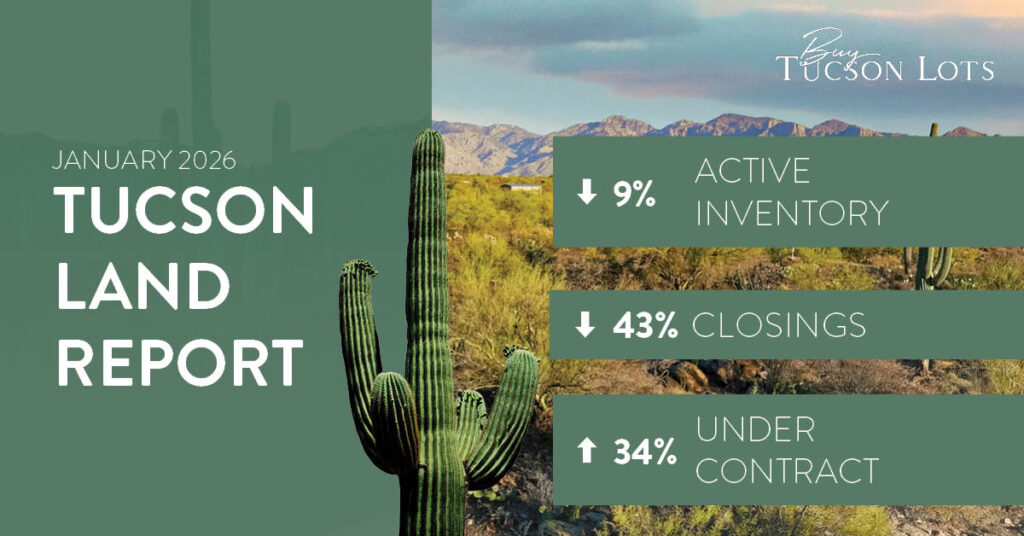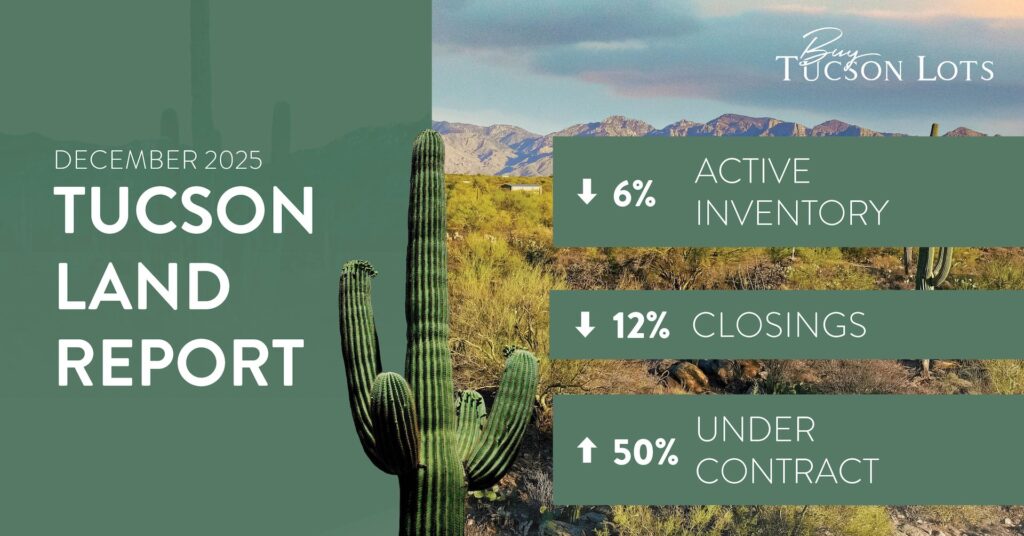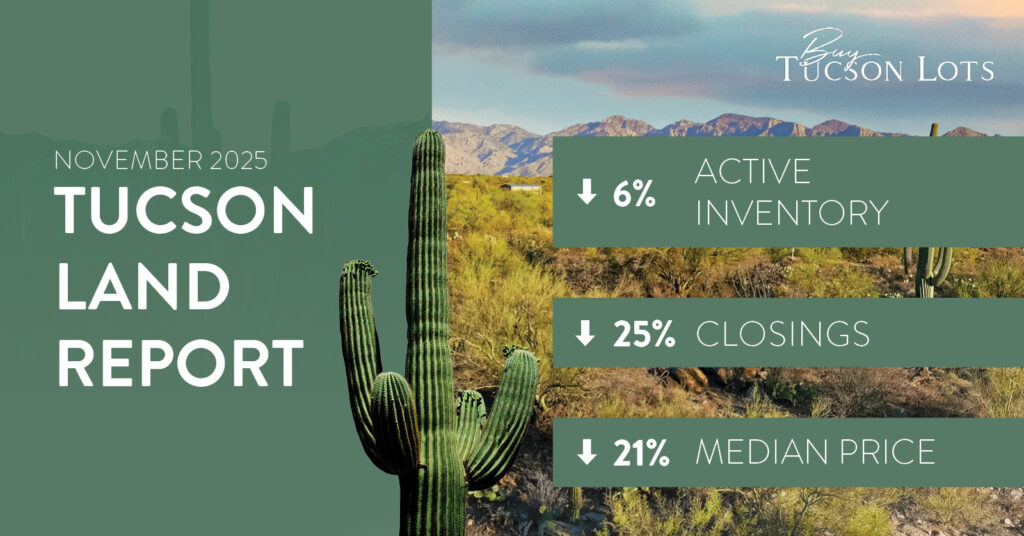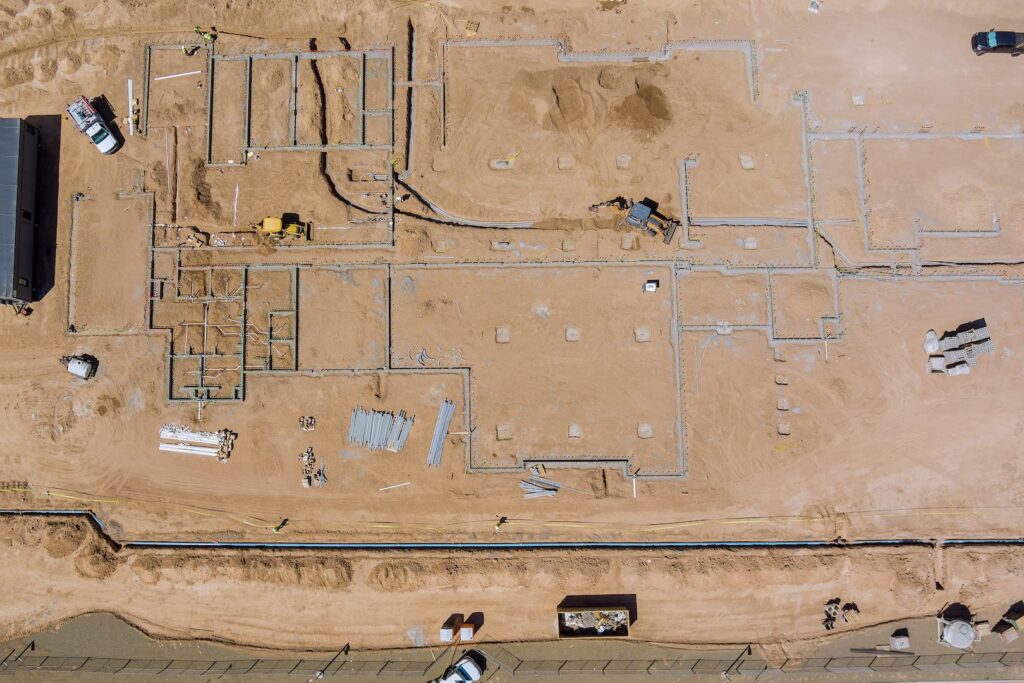Purchasing a piece of property probably means you’re expecting to build a home soon. Everyone knows that buying a home is a big investment, and building your own home is even more of a commitment. To take the right financial steps to build a home, you must be aware of the expenses.
Building Expenses
Before building a home, knowing the overall cost is crucial. Expenses will add up before construction through purchasing a plot of land, building permits, and other things. Once building begins, costs will skyrocket from design to hardware to clean up. To plan financially, you need to know what you’re up against.
Preconstruction
You need to develop a budget that takes into account your savings as well as your mortgage availability. If you’re borrowing money to purchase the land, you need to subtract that from your overall amount for building.
Peruse homes that have already been built to get a handle on what your budget can buy. Talk to contractors about plans for houses in your price range. You’ll want to understand the cost per square foot for the house you’re considering buying.
Financing with Loans
Loans are a tool for providing you with the money to build your dream home. With an abundance of options available, research loans carefully. You’ll want to make sure you’ve chosen well to avoid longlasting repercussions.
Land or Lot Loan
This loan allows you to purchase your dream piece of land and build at a later date. You can secure the land, plan your future home, and settle into a new life phase or job. These loans might be treated differently than other loans.
Construction Loan
A construction loan can be used to build a home or to purchase land and then build a home afterward. These short-term loans disperse periodically to help with costs. If you use the construction loan for land purchase as well as home building, the purchase and loan will take place at the same time. Construction loans require a lot of detailed paperwork.
Construction-to-Permanent Loans
The most convenient option for home builders is the construction-to-permanent loan that starts out as a loan for construction and building but transfers over to a permanent loan once the home has been built. The convenience is that you only have to work with one lender. It also tends to be more cost-effective.
Building Permits
Another aspect that influences the cost of building is the permits needed. Once you know that a property is buildable, you’ll need to discuss your construction plans and building permits with a building inspector. Every city is different.
A rule of thumb for permits is to expect to pay 1% of the total house cost on permits. Generally, a $100,000 project may incur approximately $400 in permit fees with additional fees added per every extra $1,000. Once again, cities differ so this is only a rough example. Permits will likely be required for plumbing and electrical work as well.
Building Options
What you choose to build also impacts the cost. A home made from scratch will require an architect, as well as specialized construction whereas a modular home, or a pre-existing house plan, will cut down on costs. A custom home design will cost anything between 5-15% of the house construction cost while a pre-existing plan might cost less than 2% of the construction cost.
Construction Costs
Undoubtedly, construction will be the bulk of the cost depending on what you’ve chosen. Costs come from both exterior and interior work. And your choice of materials also influences the final cost. Basically, many variables are at play to determine the final cost while also being dependent on the builder’s discretion.
Contractor Fees
The builder of your home comes with a price tag as well, often starting somewhere in the 10% range of the total cost of the home building.
Hardscaping and Landscaping
Laying out the driveway, sidewalk, or any other outdoor patio is hardscaping. Creating the yard that you want will happen after the home is built. And you’ll want to take the cost into consideration for what you want.
Other Costs
Many other costs are involved in building a home, such as real estate tax, homeowner insurance, sales tax, and unforeseen expenses. You may also want to hire a cleaning company to do the initial cleaning on the inside of the house after the construction is complete. When it comes to unforeseen expenses, consider budgeting approximately 5% of the cost of building for those unexpected costs.
Budgeting appropriately to ensure that you get what you want in land and home is crucial. Therefore, knowing the cost helps to prepare financially.
If you’re looking for a stunning piece of land in the Tucson area, reach out now to discover some of the most scenic areas by calling 520-918-5477!







